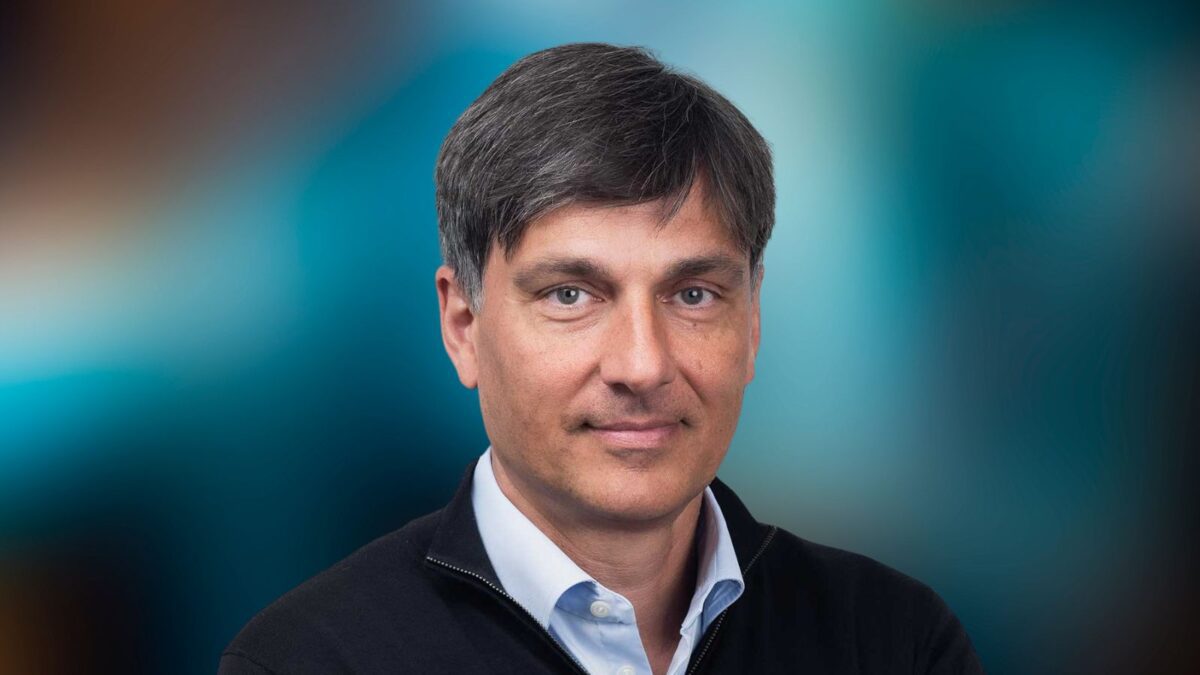Thorny product problems persist as asset consultants branch out
The history of pension funds has been – to roll out a cliché – a history of change. But it’s hard to deny that cliché when you consider just how much change there’s been. In the not too distant past, asset management wasn’t even part of the conversation, and pensions themselves were largely defined benefit, mostly funded and rarely a topic of board discussion.
Even as endowments embraced the model they would give their name to, pensions rarely strayed beyond equity and fixed income markets. That all began to change in the 1990s as the search for diversification in a low (relative to historic trends) interest rate environment took them into alternatives like unlisted assets and hedge funds, supercharged by increases in computing power and access to more and more data.
Now it’s all private markets, all the time; the retreat of the big banks from lending and the corresponding rise of the non-banks has created pension funds’ new favourite asset class, while bigger and bigger chunks of the portfolio are given over to private equity and venture capital.
Asset consultant bfinance was started 25 years ago, and has had a vantage on all that change. Launched during the dotcom boom to intermediate between corporate finance teams and banks, it soon started working for corporate pension funds, and 25 years later it provides services across manager search, asset allocation, portfolio design, operational due diligence and investment monitoring to institutional clients in 45 countries.
“Since the beginning of bfinance, there’s been that massive shift to diversify globally and diversify by asset class and become much more sophisticated in the way that they are doing that,” bfinance CEO and founder David Vafai tells ISN. “The man on the street has gotten a lot more sophisticated, and institutional investors have gotten a lot more sophisticated. There has been this shift from active to passive, but that shift has only accentuated some of the specialisation because you had the passive quorum but the need for these other, alpha-generating strategies.”
The trend now is towards “more diversification, more specialisation, more customisation”. The same could be said for the asset consultants that have serviced big pension funds through all that change, which are trying to push deeper into the lucrative family office and wealth management segments; bfinance won its first clients in the space in the mid-noughties, but that shift has accelerated as family offices become larger and move up the complexity curve.
“It’s a continuum; you’ve got the very big institutional investors that have large, dedicated teams that have been doing this for a very long time,” Vafai says. “But if you look at the smaller end (of that industry) they may have more resource constraints, they may have one CIO and a couple of people, and family offices are often similarly stretched; they quite like having a partner they can work with on the strategy, the design, the implementation.”
Part of that – as it is for even the largest institutions – is international reach. As more and more investors shake off the shackles of home country bias or open overseas offices, they want partners already familiar with the new terrain.
“They see us as a way of getting institutional quality support, in an independent way; we’re not trying to sell them (investment) products. The well-known consultants in that space have shifted to asset management, and while they do offer consulting and advisory services that are probably very good, but the trouble is they tend to have an eye towards the product side of things.”
Previously gatekeepers of the chunky institutional mandates of which all fundies dream, asset consultants are now, more often than not, their managers. That shift – powered by the allure of recurring fee revenue – is a long way in the past for most asset consultants; as Vafai notes, Frank Russell Company changed its name to Russell Investments to signal that change in its business way back in 2009.
“They did a pretty good job switching, and a lot of other consultants over the years have thought ‘we have all these relationships, we have skills, we can help manage money as well and develop ongoing ad valorem revenue streams’. That’s particularly when newer areas evolve – private markets and so on. They saw it as a great opportunity to develop AUM, and now you look at the big consulting firms and they’re all managing hundreds of billions of dollars.”
It’s a thorny problem that still makes clients uneasy, and draws plenty of grumbling from the asset management industry it has to some extent disintermediated. bfinance doesn’t do it, which, from a business valuation perspective, “might have been an error”.
“I’m sure all the consultants are trying very hard to avoid those conflicts, but as soon as you have an economic incentive then you’re going to have a conflict; if you’re going to make more money from selling a than b then you’re probably going to somehow always rationalise selling a,” Vafai says.
“The consulting firms we compete with are very professional firms and they try very hard to do a good job for their clients, but there is always an economic incentive to favour the products where you’re making more money. I’m sure there’s a way to structure the business to mitigate some of that, but I’m not sure if they ever fully are… But we want to be unfettered.”











